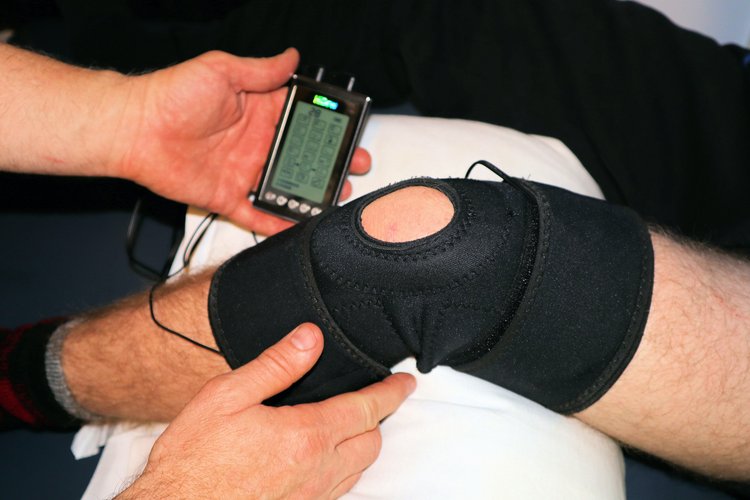Try Electrotherapy In Abbotsford

Electrotherapy in Abbotsford appears to alter brain chemistry in a way that reduces the symptoms of some mental health problems.
However, electrotherapy in Abbotsford may be effective for everyone, even when a full course of treatment has been completed.
Today’s electrotherapy in Abbotsford procedures are significantly safer than they were a few decades ago. In spite of the fact that ECT may still cause certain side effects, it is currently used in a controlled environment to provide the most benefit while minimising the risk of any complications.
Electroconvulsive therapy (ECT) has been shown to be an effective treatment for a wide range of mental health issues. ECT is employed to treat the following conditions:
Severe depression, especially when accompanied by disconnection from reality (psychosis), suicidal ideation, or reluctance to eat.
Depression that does not improve with medicine or other treatments is known as treatment-resistant depression.
As part of bipolar disorder, severe mania develops, a condition of exhilaration, agitation or hyperactivity that can be quite debilitating. Other symptoms of mania include impulsive or dangerous conduct, substance misuse, psychosis, and impaired decision-making.
Distress and hostility in people with dementia can be difficult to address and have a severe effect on their well-being.
There are times when medicine is not tolerated or other forms of therapy have not worked. Electrotherapy in Abbotsford may be a useful option. It is possible that ECT will be employed in the following situations:
Pregnant women are prohibited from taking medication because it could harm the foetus.
Patients over the age of 65 who are unable to bear the negative effects of prescribed medications.
Electrotherapy in Abbotsford is preferable than medication for those who do not want to take medication.
As long as ECT has worked in the past,
First, you’ll need to undergo a thorough evaluation, which often includes: a history of your health, Completion of a physical exam, Psychological evaluation, Preliminary blood work.
Check your heart health using an ECG (electrocardiogram).
Discussion of anesthesia’s potential dangers.
With preparation and recovery time, the electrotherapy in Abbotsford process might take anywhere from five to ten minutes. As an inpatient or outpatient procedure, ECT is available.
For the ECT procedure preparation:
You’ll be sedated throughout the procedure.
Preparation for the surgery may likely necessitate limits in your diet. No eating or drink after midnight and only a sip of water to take any morning prescriptions is the standard rule. Before your procedure, your healthcare team will provide you with detailed instructions.
A brief physical examination is possible.
The primary purpose of this procedure is to evaluate the health of your heart and respiratory system.
An intravenous (IV) line will be put into your body. The intravenous (IV) line is inserted into your arm or hand by a member of your healthcare team.
Electrodes will be applied to your scalp. About the size of a silver dollar-sized pad, these pads are great for travel.
Electro-convulsive therapy (ECT) can be either unilateral or bilateral, in which only one side of the brain is targeted.
The majority of electroconvulsive therapy patients report an improvement in their symptoms after six treatments.
Electrotherapy in Abbotsford may not be effective for everyone, therefore complete recovery may take more time. When it comes to antidepressants, a response can take anything from a few weeks to months.
No one knows for sure how electroconvulsive therapy (ECT) works to treat severe depression and other mental health problems. Many chemical components of brain function are altered during and following seizure activity, which is known. Chemical alterations can have a cumulative effect, lowering the severity of depression and other mental diseases in some way. In order to be most successful, ECT must be administered over the course of several sessions.
In order to avoid a relapse, you’ll require continued depression treatment even after your symptoms improve.
Electrotherapy in Abbotsford may be used less frequently, but more frequently, antidepressants or other drugs, or psychological counselling, are used as part of ongoing treatment (psychotherapy).
